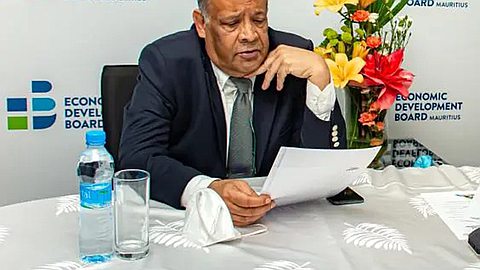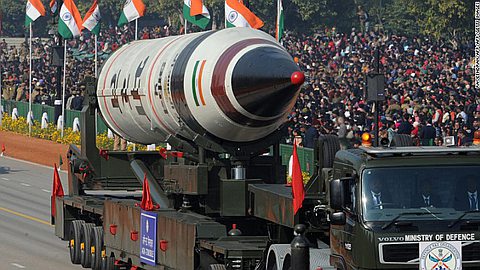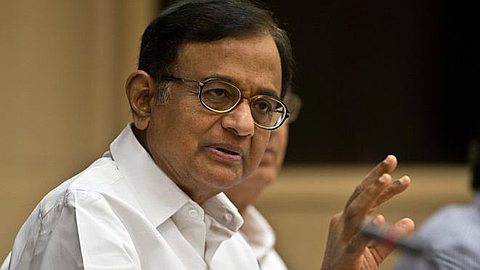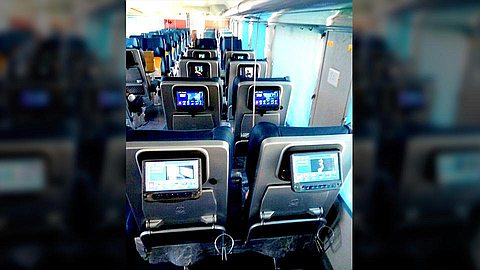Viewpoint: How Narendra Modi Can Revive India's Economy
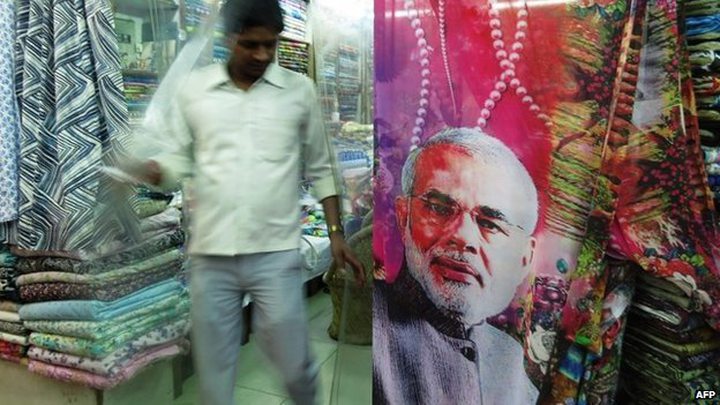
Prime Minister Narendra Modi now heads the first government in 25 years that is not hostage to coalition politics.
How should he use this majority to restore and accelerate economic growth, the principal means to eradicating poverty and bringing prosperity to all, as promised during the campaign?
The first thing the government needs to do is to remove the bottlenecks that have stifled the economy and cut its growth to half of the true potential.
This would require appointing a pragmatic environment minister - Prakash Javadekar, the current minister, meets the qualification but holds the charge temporarily - who would judiciously balance the need for environmental protection against the need for growth.
It also requires reassuring the bureaucracy to fearlessly move ahead with all legitimate decisions.
Forging partnerships
If necessary, the relevant laws must be amended to achieve better balance between the protection of honest officers and prosecution of the dishonest ones. Simultaneously, recalcitrant bureaucrats must be warned that obstructionism will invite swift retribution.
Mr Modi must also push ahead with forging partnerships with chief ministers interested in seeing their states grow faster.
He must consider creating a "single-window" facility in co-operation with these states so that central and state-level clearances for major projects can move on parallel tracks.
Chief ministers interested in moving forward should be rewarded, not punished in the name of regional equality. The latter should be targeted using alternative instruments such as fiscal transfers.
Immediately, the government must also move to remove the barriers to coal and gas supplies that are forcing power plants to operate at low capacity.
This requires bringing private players with modern technology to mine coal and linking remote mines in Jharkhand, Chhattisgarh and Orissa states to the existing transport network by building about 300km (186 miles) of railway lines. Pricing disputes holding back gas production must be quickly resolved.
The budget for 2014-15, due for presentation in parliament in early July, offers an excellent opportunity for the government to boldly state the new direction it intends to impart the economy.
The budget should commit to completing the uniform goods-and-services tax within two years and to simplifying and codifying direct tax rules within one year.
The current tax rules are ill defined and give the tax authorities far too much discretion, leading to unexpected demands by tax officials and frequent disputes. The budget must also end the retrospective tax - designed to net levies from foreign transactions involving Indian companies - introduced in 2012, making the relevant law prospective.
The government needs to forge ahead with accelerating infrastructure building.
This will require, first and foremost, the amendment of the current draconian land acquisition law.
Weak banks
The budget must also begin the process of restoring the health of public-sector banks.
Restructured and non-performing loans of these banks now stand at nearly 10%, undermining their capacity to issue new credit.
The government should take this opportunity to enhance efficiency. Rather than rely exclusively on recapitalisation, it should lower the current floor of 51% on its share in equity and allow the banks to raise capital from the market.
In addition, it should merge some of the weaker banks with stronger ones other than the State Bank of India (SBI).
This will promote consolidation and competition in banking. The banking sector is currently fragmented with far too many small banks and one gigantic one, the SBI.
The budget must also commit the government to giving states greater fiscal and legislative space.
The former will involve cutting and consolidating centrally sponsored schemes under a handful of broad headings such as education, health and infrastructure and allowing the states to shift funds across schemes within each broad category as per local needs.
The latter will require time-bound presidential assent to states to amend central legislations on subjects listed on the Concurrent list of the Constitution.
In the medium run, the government has no option but to undertake reforms necessary to make it attractive for entrepreneurs to invest in low-skilled, labour-intensive manufacturing such as apparel, footwear and electronic assembly.
With a workforce that exceeds 450 million and is largely without sophisticated skills, inclusion will remain partial without robust growth in these industries.
Poor performance of India along this dimension is demonstrated by the fact that apparel exports by it are less than one-tenth of those by China and even less than those by Bangladesh.
As China exits these industries because of higher wages, they are moving to countries such as Vietnam, Cambodia, Bangladesh and Indonesia but not India.
India has little option but to reform its labour laws that have been identified as the fundamental barriers to the growth of employment-intensive manufacturing.
In providing super-high protection to the small number of workers in the organised sector - as opposed to India's much-larger informal sector - the country has sacrificed a high number of jobs.
Mr Modi's government must find a better balance between the protection of workers and creation of good jobs in vast numbers.
